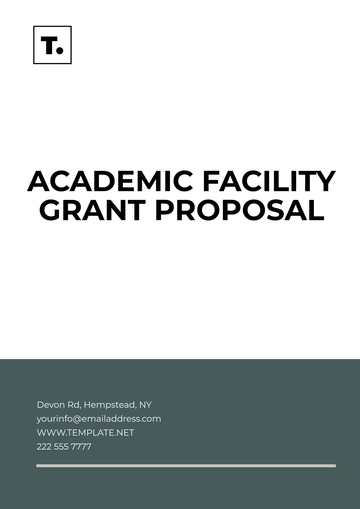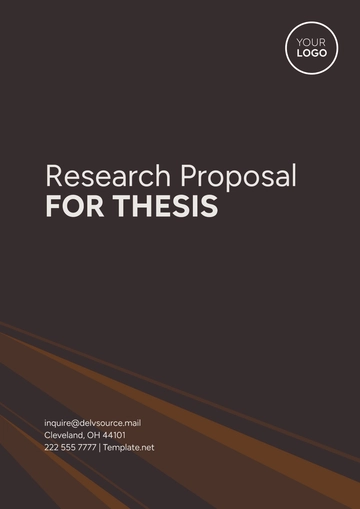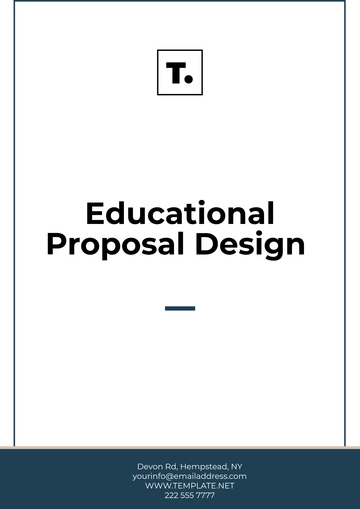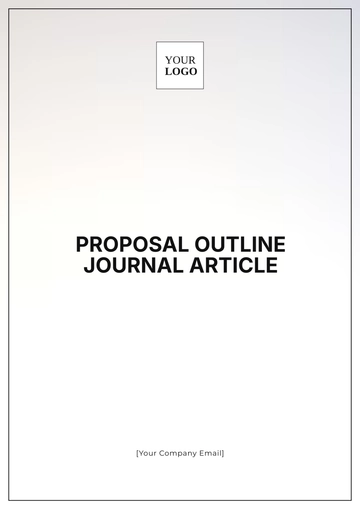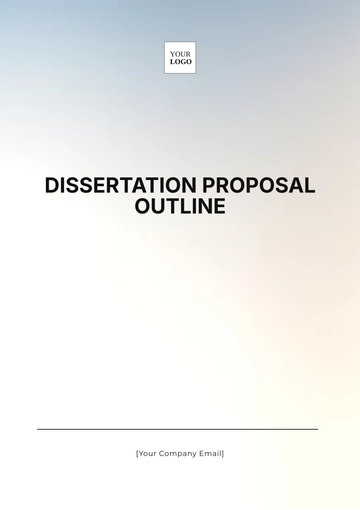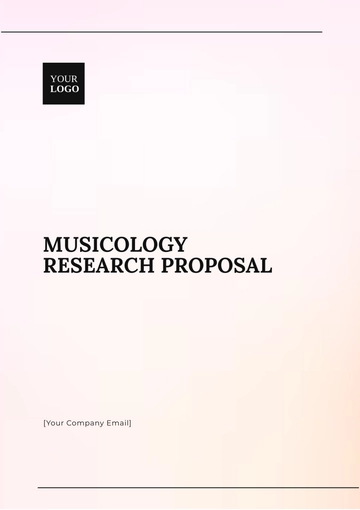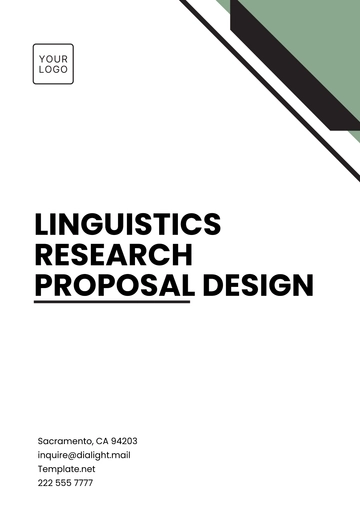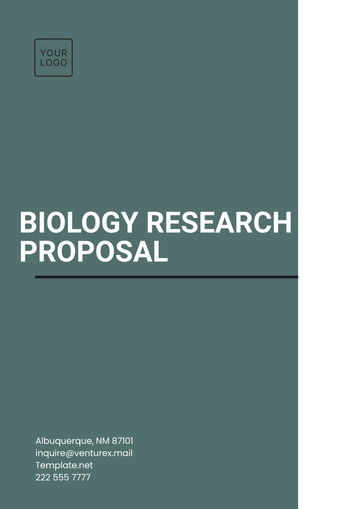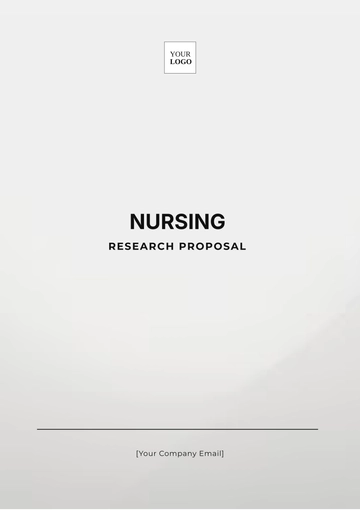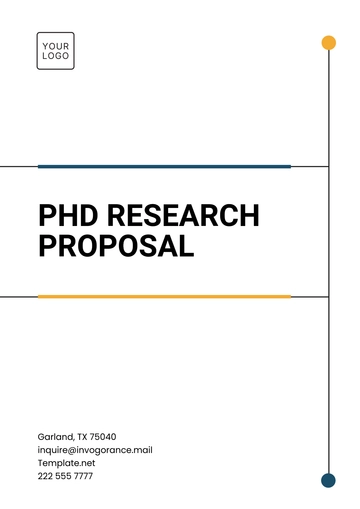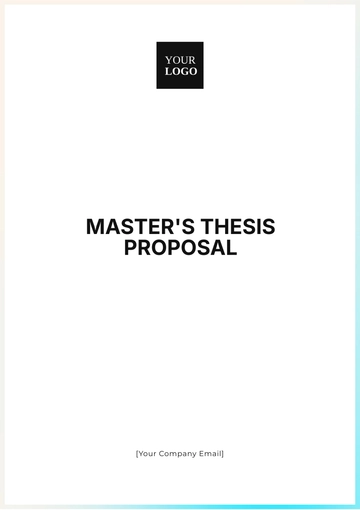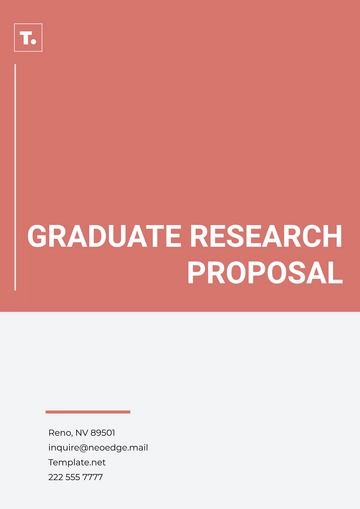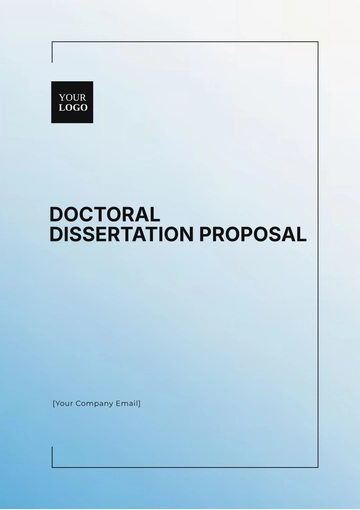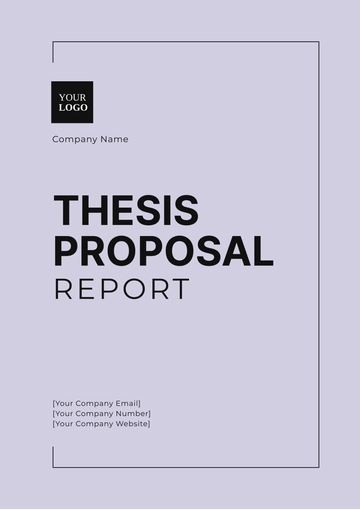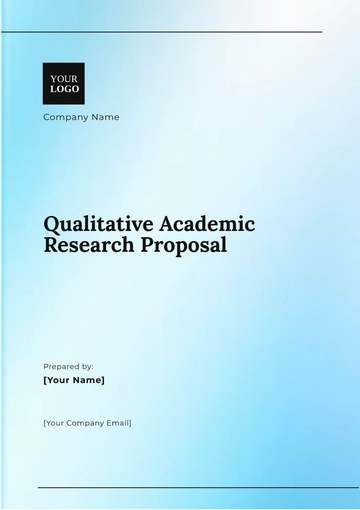Free Nursing Research Proposal
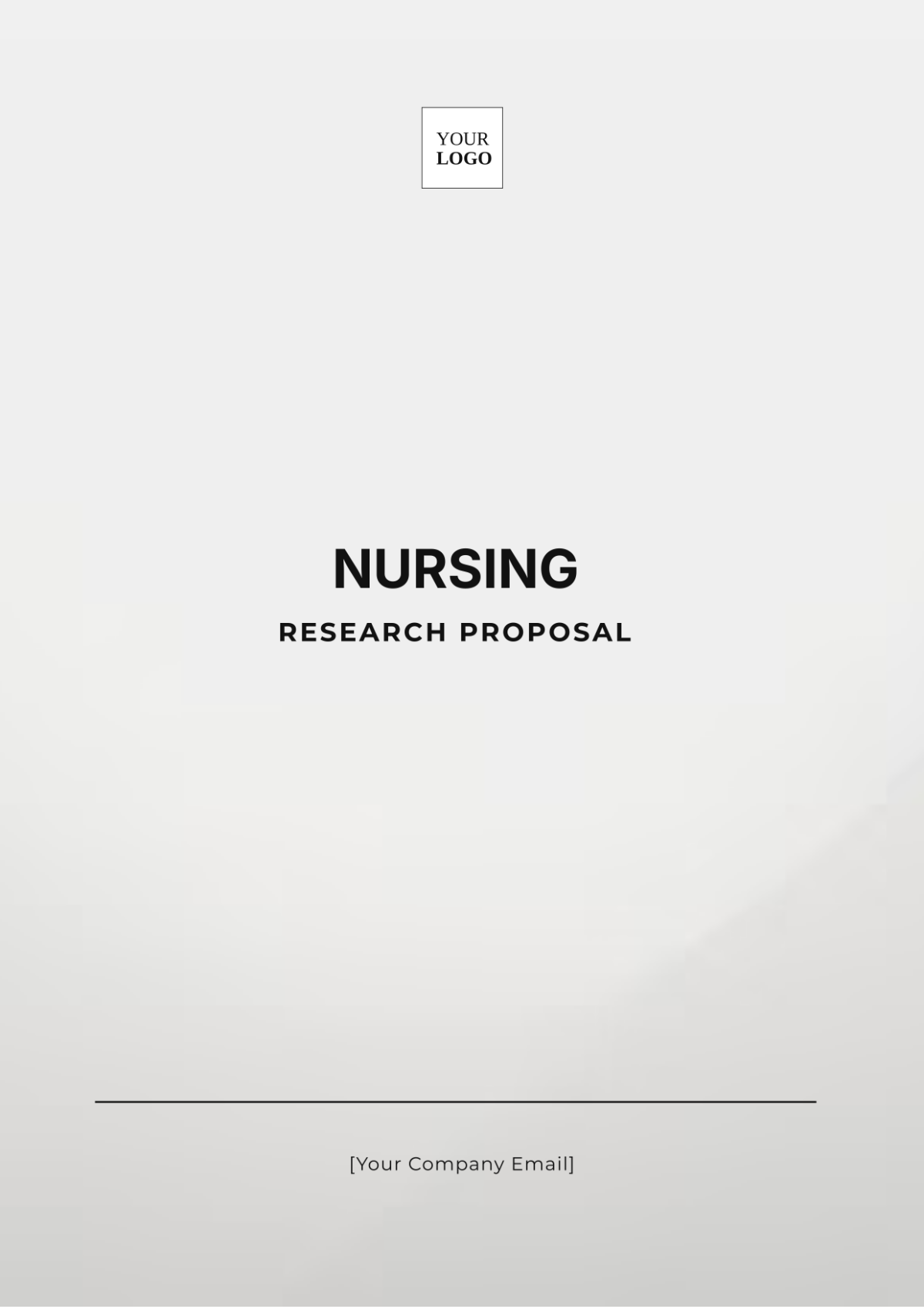
Prepared By: [Your Name]
I. Abstract
This research proposal seeks to investigate the impact of enhanced patient education on reducing hospital readmissions among patients with chronic illnesses in a metropolitan hospital in the United States. The study aims to determine the effectiveness, key components, and cost-effectiveness of comprehensive patient education programs. This proposal outlines the research objectives, literature review, study design, methodology, expected outcomes, and ethical considerations.
II. Introduction
Hospital readmissions present a significant challenge for healthcare systems worldwide. Frequent readmissions not only strain healthcare resources but also adversely affect patient outcomes, contributing to increased morbidity and mortality rates. Enhanced patient education has emerged as a potential strategy to reduce readmissions by empowering patients with the knowledge and skills necessary to manage their conditions post-discharge effectively. Despite existing interventions, there remains a need for research to identify the most effective educational strategies and their long-term benefits.
III. Research Objectives
Effectiveness: To evaluate the impact of enhanced patient education programs on reducing hospital readmissions among patients with chronic illnesses.
Key Components: To identify the critical elements of successful patient education strategies that contribute to improved patient outcomes.
Cost-Effectiveness: To assess the cost-effectiveness of implementing comprehensive patient education programs in reducing hospital readmissions.
IV. Literature Review
Existing research has established a correlation between patient education and reduced hospital readmission rates. Studies indicate that patients who receive thorough education about their condition and care plans are more likely to adhere to prescribed treatments and recognize early signs of complications, leading to timely interventions and fewer readmissions. However, gaps persist in understanding which educational interventions are most effective and how these interventions can be tailored to diverse patient populations.
Key Studies and Findings
Study | Findings | Conclusion |
|---|---|---|
Jones et al. (2021) | Educational interventions reduced readmissions by 15%. | Effective education significantly decreases readmission rates. |
Smith and Doe (2020) | Patient comprehension improved with personalized education. | Personalization is key to effective patient education. |
While these studies underscore the potential benefits of patient education, further research is needed to explore the specific components of education that are most impactful and the long-term sustainability of these interventions.
V. Study Design
This study will employ a quasi-experimental design with both a control group and an intervention group. The control group will receive the hospital's standard post-discharge care, while the intervention group will receive an enhanced education package. This package will include personalized education sessions tailored to the individual needs of the patients, comprehensive informational booklets, and 24/7 access to a hotline for patient inquiries.
VI. Methods
Participants: The study will recruit 200 patients diagnosed with chronic illnesses, such as heart failure, diabetes, and COPD. Participants will be randomly assigned to either the control group or the intervention group, with 100 patients in each group.
Data Collection:
Pre- and Post-Intervention Surveys: Surveys will be administered to assess patient knowledge and confidence in managing their conditions before and after the intervention.
Hospital Readmission Records: Readmission rates will be tracked for six months post-discharge.
Follow-up Interviews: Semi-structured interviews will be conducted with a subset of participants to gather qualitative data on their experiences with the education program.
Intervention:
Personalized Education Sessions: Patients in the intervention group will receive individualized education tailored to their specific needs and literacy levels.
Informational Booklets: Comprehensive and easy-to-understand materials covering disease management, medication adherence, and lifestyle modifications.
24/7 Hotline: Continuous access to healthcare professionals to address any concerns or questions that may arise after discharge.
VII. Expected Outcomes
The primary expected outcome is a statistically significant reduction in hospital readmissions among the intervention group compared to the control group. Additionally, the study aims to identify the most effective components of patient education that can be integrated into standard healthcare practices to improve patient outcomes and reduce healthcare costs.
VIII. Ethical Considerations
All participants will provide informed consent before enrollment in the study. The research will be conducted in compliance with ethical guidelines to protect patient confidentiality, autonomy, and the right to withdraw from the study at any time without any negative consequences. The study will also ensure that the intervention does not impose any undue burden on participants.
IX. References
Jones, A., Smith, B., & Brown, C. (2021). The Impact of Patient Education on Hospital Readmissions: A Meta-Analysis. Journal of Nursing Scholarship, 53(2), 123-133.
Smith, D., & Doe, E. (2020). Personalized Education and Patient Outcomes. Nursing Research, 69(4), 212-224.
- 100% Customizable, free editor
- Access 1 Million+ Templates, photo’s & graphics
- Download or share as a template
- Click and replace photos, graphics, text, backgrounds
- Resize, crop, AI write & more
- Access advanced editor
Enhance nursing practices with Template.net's Nursing Research Proposal Template. This editable and customizable template helps you structure your research proposal, covering aims, methods, and implications for patient care. Editable in our AI Editor Tool, it ensures your nursing research proposal is clear, thorough, and persuasive, making it easier to secure funding and support for nursing advancements.
You may also like
- Business Proposal
- Research Proposal
- Proposal Request
- Project Proposal
- Grant Proposal
- Photography Proposal
- Job Proposal
- Budget Proposal
- Marketing Proposal
- Branding Proposal
- Advertising Proposal
- Sales Proposal
- Startup Proposal
- Event Proposal
- Creative Proposal
- Restaurant Proposal
- Blank Proposal
- One Page Proposal
- Proposal Report
- IT Proposal
- Non Profit Proposal
- Training Proposal
- Construction Proposal
- School Proposal
- Cleaning Proposal
- Contract Proposal
- HR Proposal
- Travel Agency Proposal
- Small Business Proposal
- Investment Proposal
- Bid Proposal
- Retail Business Proposal
- Sponsorship Proposal
- Academic Proposal
- Partnership Proposal
- Work Proposal
- Agency Proposal
- University Proposal
- Accounting Proposal
- Real Estate Proposal
- Hotel Proposal
- Product Proposal
- Advertising Agency Proposal
- Development Proposal
- Loan Proposal
- Website Proposal
- Nursing Home Proposal
- Financial Proposal
- Salon Proposal
- Freelancer Proposal
- Funding Proposal
- Work from Home Proposal
- Company Proposal
- Consulting Proposal
- Educational Proposal
- Construction Bid Proposal
- Interior Design Proposal
- New Product Proposal
- Sports Proposal
- Corporate Proposal
- Food Proposal
- Property Proposal
- Maintenance Proposal
- Purchase Proposal
- Rental Proposal
- Recruitment Proposal
- Social Media Proposal
- Travel Proposal
- Trip Proposal
- Software Proposal
- Conference Proposal
- Graphic Design Proposal
- Law Firm Proposal
- Medical Proposal
- Music Proposal
- Pricing Proposal
- SEO Proposal
- Strategy Proposal
- Technical Proposal
- Coaching Proposal
- Ecommerce Proposal
- Fundraising Proposal
- Landscaping Proposal
- Charity Proposal
- Contractor Proposal
- Exhibition Proposal
- Art Proposal
- Mobile Proposal
- Equipment Proposal
- Student Proposal
- Engineering Proposal
- Business Proposal

